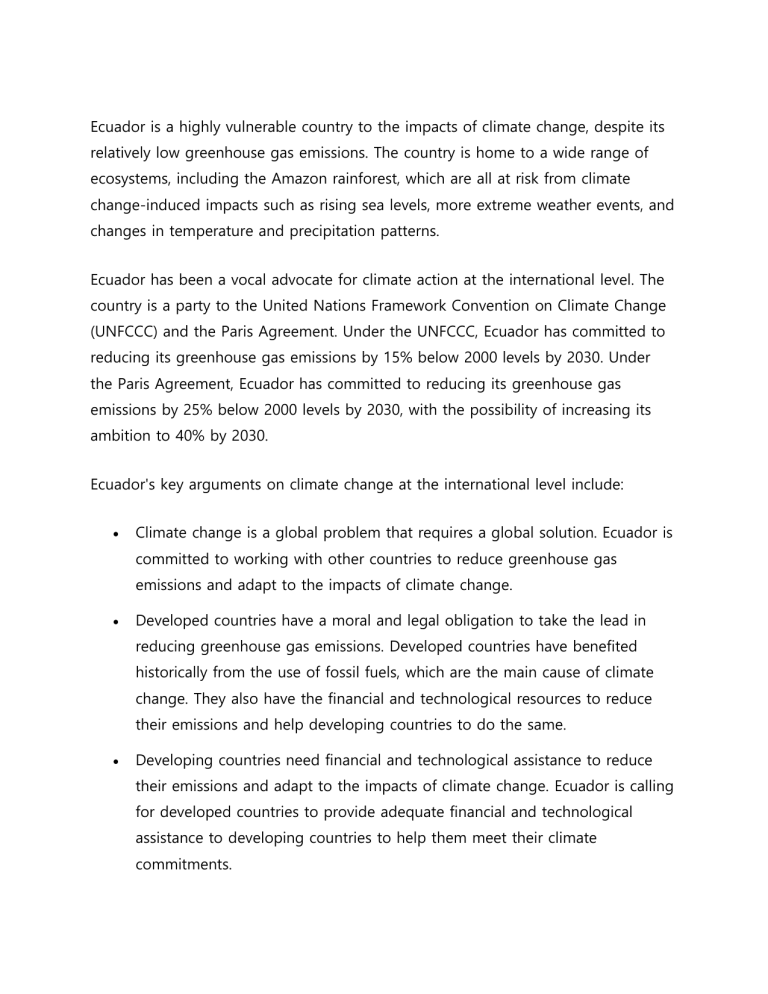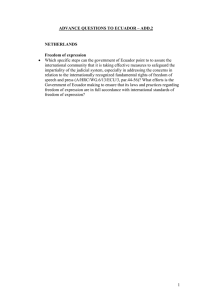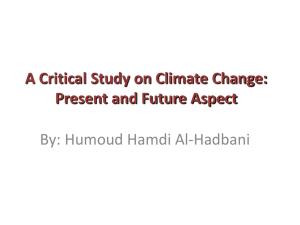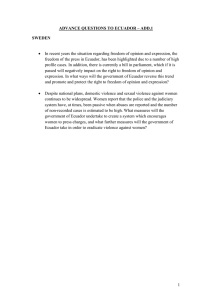
Ecuador is a highly vulnerable country to the impacts of climate change, despite its relatively low greenhouse gas emissions. The country is home to a wide range of ecosystems, including the Amazon rainforest, which are all at risk from climate change-induced impacts such as rising sea levels, more extreme weather events, and changes in temperature and precipitation patterns. Ecuador has been a vocal advocate for climate action at the international level. The country is a party to the United Nations Framework Convention on Climate Change (UNFCCC) and the Paris Agreement. Under the UNFCCC, Ecuador has committed to reducing its greenhouse gas emissions by 15% below 2000 levels by 2030. Under the Paris Agreement, Ecuador has committed to reducing its greenhouse gas emissions by 25% below 2000 levels by 2030, with the possibility of increasing its ambition to 40% by 2030. Ecuador's key arguments on climate change at the international level include: Climate change is a global problem that requires a global solution. Ecuador is committed to working with other countries to reduce greenhouse gas emissions and adapt to the impacts of climate change. Developed countries have a moral and legal obligation to take the lead in reducing greenhouse gas emissions. Developed countries have benefited historically from the use of fossil fuels, which are the main cause of climate change. They also have the financial and technological resources to reduce their emissions and help developing countries to do the same. Developing countries need financial and technological assistance to reduce their emissions and adapt to the impacts of climate change. Ecuador is calling for developed countries to provide adequate financial and technological assistance to developing countries to help them meet their climate commitments. Ecuador is also calling for a just transition to a low-carbon economy. This means ensuring that workers in the fossil fuel industry are supported as they transition to new jobs in the renewable energy sector. It also means ensuring that all communities, regardless of their income or location, have access to clean energy and other sustainable development opportunities. Ecuador's arguments on climate change are well-founded and supported by international law. The country is a strong advocate for climate justice and a sustainable future for all.





